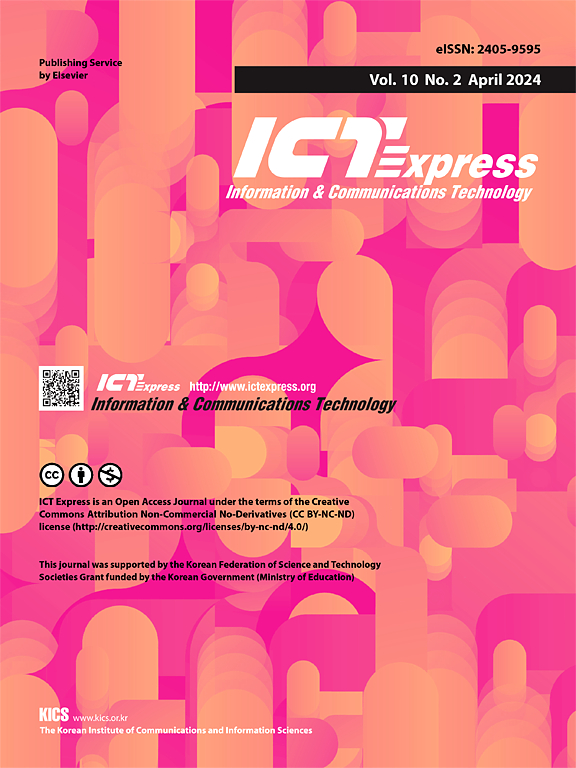IoT边缘设备上的联合学习和TinyML:挑战、进展和未来方向
IF 4.2
3区 计算机科学
Q1 COMPUTER SCIENCE, INFORMATION SYSTEMS
引用次数: 0
摘要
本文研究了联邦学习(FL)、TinyML和物联网在资源受限边缘设备中的集成,突出了关键挑战和机遇。它回顾了FL和TinyML框架,重点关注通信、隐私、准确性、效率和内存约束。我们提出了一种新的FL-IoT框架,该框架结合了空中(OTA) AI模型更新,基于lora的分布式通信以及无损数据压缩技术,如运行长度编码(RLE),霍夫曼编码和LZW,以降低传输成本,优化本地处理并维护数据隐私。该框架的特点是基于Raspberry pi的聚合节点和基于微控制器的物联网客户端,支持跨异构设备的可扩展、低功耗学习。评估包括内存使用、通信成本、能耗和跨多个FL场景的准确性权衡。结果显示,与基线FL设置相比,可伸缩性得到了改进,并且显著节省了功耗。提出的框架在智能农业、医疗保健和智能城市等应用中特别有影响力。讨论了实时、隐私保护边缘智能的未来发展方向。本文章由计算机程序翻译,如有差异,请以英文原文为准。
Federated learning and TinyML on IoT edge devices: Challenges, advances, and future directions
This paper examines the integration of Federated Learning (FL), TinyML, and IoT in resource-constrained edge devices, highlighting key challenges and opportunities. It reviews FL and TinyML frameworks with a focus on communication, privacy, accuracy, efficiency, and memory constraints. We propose a novel FL-IoT framework that combines over-the-air (OTA) AI model updates, LoRa-based distributed communication, and lossless data compression techniques such as Run-Length Encoding (RLE), Huffman coding, and LZW to reduce transmission cost, optimize local processing, and maintain data privacy. The framework features Raspberry Pi-based aggregation nodes and microcontroller-based IoT clients, enabling scalable, low-power learning across heterogeneous devices. Evaluation includes memory usage, communication cost, energy consumption, and accuracy trade-offs across multiple FL scenarios. Results show improved scalability and significant power savings compared to baseline FL setups. The proposed framework is particularly impactful in applications such as smart agriculture, healthcare, and smart cities. Future directions for real-time, privacy-preserving edge intelligence are discussed.
求助全文
通过发布文献求助,成功后即可免费获取论文全文。
去求助
来源期刊

ICT Express
Multiple-
CiteScore
10.20
自引率
1.90%
发文量
167
审稿时长
35 weeks
期刊介绍:
The ICT Express journal published by the Korean Institute of Communications and Information Sciences (KICS) is an international, peer-reviewed research publication covering all aspects of information and communication technology. The journal aims to publish research that helps advance the theoretical and practical understanding of ICT convergence, platform technologies, communication networks, and device technologies. The technology advancement in information and communication technology (ICT) sector enables portable devices to be always connected while supporting high data rate, resulting in the recent popularity of smartphones that have a considerable impact in economic and social development.
 求助内容:
求助内容: 应助结果提醒方式:
应助结果提醒方式:


